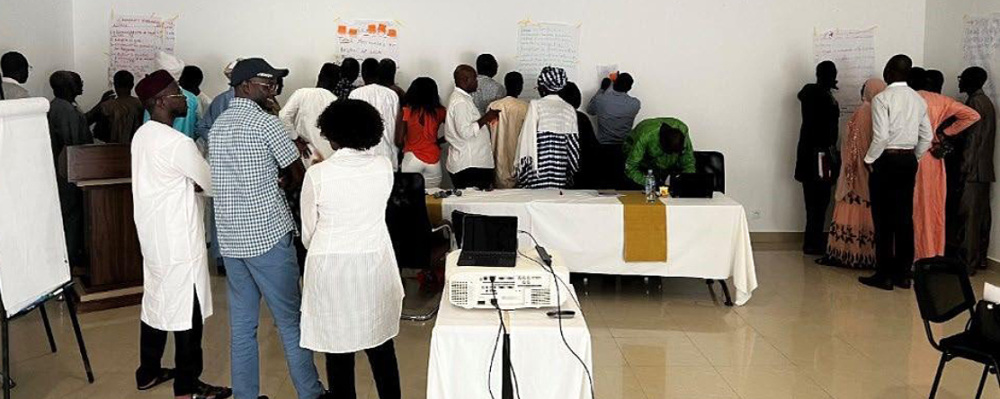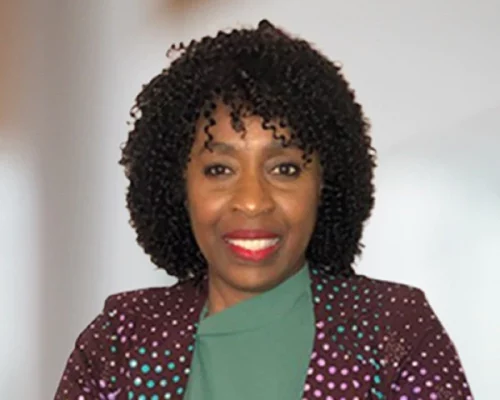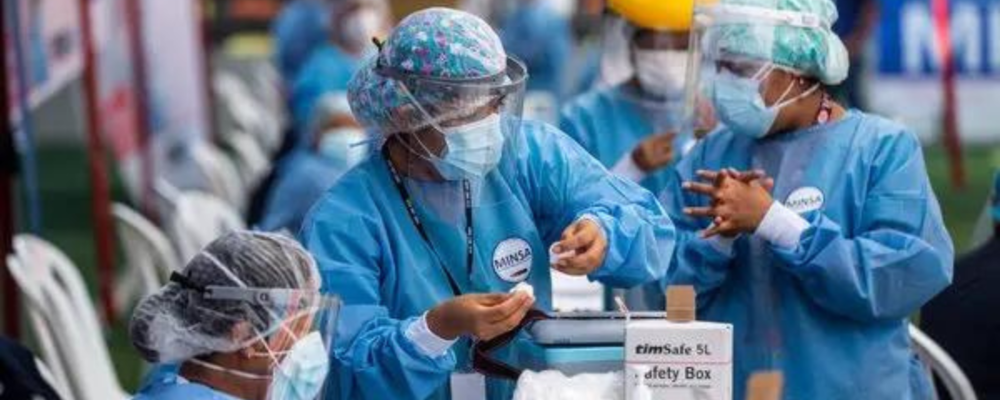
Video: PHI STAR Fellow Dr. Olayinka on Gates Foundation Working Dinner: “New Variants, New Challenges”
- Dr. Folake Olayinka, Dr. Samba Sow, Anita Zaidi, Keith Klugman
-
Focus Areas
Global Health, Health Care & Population Health -
Programs
Sustaining Technical and Analytic Resources (STAR) -
Strategic Initiatives
COVID-19, Vaccine Access & Equity
From flattening the curve to riding the waves, variants have shaped the entire pandemic and will shape our future. How does the world better prepare?
In the third episode of the Gates Foundation Working Dinner series, global health leaders Dr. Folake Olayinka, a fellow with PHI’s STAR program, and Dr. Samba Sow join Anita Zaidi and Keith Klugman to discuss how COVID-19 variants altered the trajectory of the pandemic and share their thoughts on how to better prepare for both future variants and the next pandemic—beginning at the community level.
Dr. Olayinka emphasizes that globally, no one is safe until we all are safe. We need vaccine and health systems and infrastructure to make sure vaccines are not only available and can be delivered into people’s arms; we need to ensure those systems and infrastructure are in place long term to help us fight the next pandemic.

It’s not good enough for those [health] systems to be in some places. They’ve got to be in all the places, because what this pandemic has really shown us is that we’re all at risk.Dr. Folake Oliyanka
Global health specialist and STAR Fellow, Public Health Institute
More about PHI’s Sustaining Technical and Analytic Resources (STAR)
STAR is a five-year USAID-funded Fellowship project that improves the knowledge and skills of US and low-and-middle-income country (LMIC) professionals and institutions engaged in global health. STAR is in partnership with the University of California, San Francisco. Learn more.
Work With Us
You change the world. We do the rest. Explore fiscal sponsorship at PHI.
Support Us
Together, we can accelerate our response to public health’s most critical issues.
Find Employment
Begin your career at the Public Health Institute.



